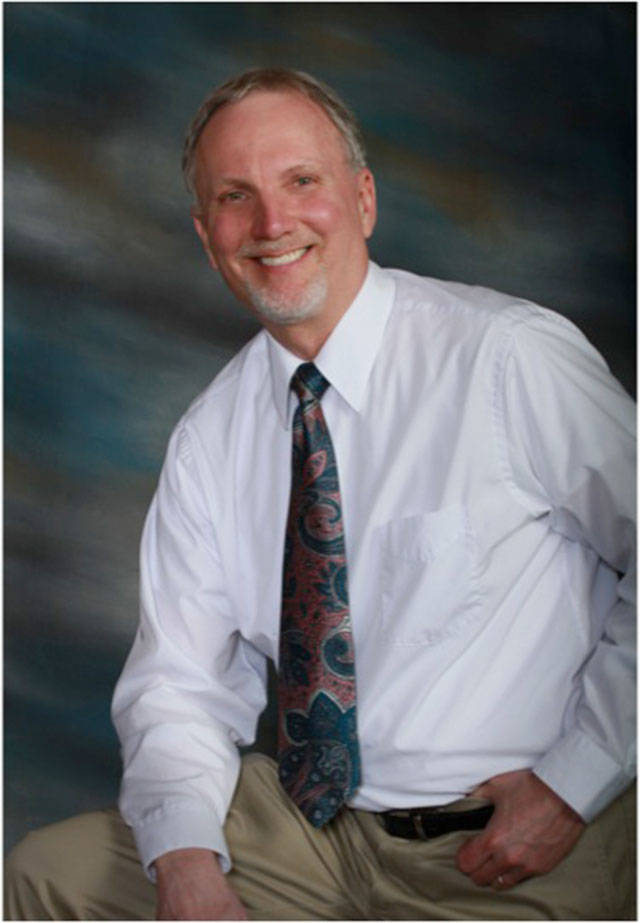“No democracy has existed in the modern world without the existence of a free press. Newspapers and pamphlets allow for the exchange of ideas and for the voicing of dissent. When a corrupt government holds power, the press becomes a critical weapon. It organizes opposition and can help revolutionary ideas spread.” (www.ushistory.org)
The trial of John Peter Zenger in 1735 was an important milestone in the creation of the free press in America. Understanding his story also shows the importance of trial by jury rather than by a judge or magistrate alone.
Zenger was a German immigrant to New York City. He printed a weekly publication called the “New York Weekly Journal.” The British governor at this time, William S. Cosby, was extremely corrupt and even treasonous in his actions. Zenger’s publications accused Cosby of rigging elections, allowing the French Navy to explore New York harbor. The newspaper accused him of a large assortment of crimes and, in so many words, “called him an idiot” (u.s.history.org).
Although Zenger himself did not write the articles, Cosby brought Zenger to trial on the charge of seditious libel. At the time, any publication that wrote criticism of the government was considered to be libel, whether true or false. Zenger never denied printing the articles, so the judge instructed the jury that they must find the defendant guilty as charged. The writers of the articles themselves were anonymous and Zenger refused to reveal their names.
Zenger was imprisoned for more than a year prior to the trial. There were two trials. In the first, the jury was packed with Cosby supporters. While it was going on, Anna Zenger, his wife, continued to keep the presses rolling. Her reports forced a second trial with a jury that was a true jury of his peers.
In the second trial, Zenger was defended by Andrew Hamilton (no relation to Alexander Hamilton) from Philadelphia, the most famous attorney in all the colonies. Hamilton’s argument was that the articles published by Zenger were not false and that it was the job of the prosecution to prove them false. He then appealed directly to the jury: “It is not the cause of one poor printer,” he claimed, “but the cause of liberty.”
The judge stated the jury’s only job was to find him guilty or innocent based solely on whether he had actually printed the articles. This is what the law stated.
The jury returned after only 10 minutes of discussion to announce a verdict of “not guilty.” This was an act of jury usurpation. The jurors went against the laws of the colony and set a precedent of jurors changing a law they deemed to be unfair. They found Zenger innocent of libel.
First Amendment freedom of speech came as a result of that trial.
Newspaper articles can be harsh and defamatory, especially when directed against government officials. One of the lessons I learned while on the Enumclaw City Council was that elected officials actually give up the right of free speech when they serve in government. They are watched more closely and usually held to a higher standard than average citizens. Criticism is part of the burden that comes with public service. Some of it is unfair.
There have been many presidents who have railed against the media, including our current one. The question that we citizens should ask ourselves is, “What would this nation be like if we didn’t have a free press?” Sometimes the presidential complaints are legitimate. Sometimes the complaints against the media represent an attempt to muzzle the press from what one colonial governor called “seditious libel.”
We are fortunate that an immigrant such as John Peter Zenger was able to use his power as a publisher to challenge political corruption and to give us a way to protect our freedom 284 years later. It was also important that a famous lawyer like Andrew Hamilton would be willing to work for free to attain higher levels of accountability for our government officials.
If we didn’t have an independent media, who could/would be watching the actions and behavior of our government leaders? Who would be there to curb the abuse of power?
The spread of ideas from all sides has been accelerated in our time by the use of social media and the Internet. In order for us to retain our representative democracy and not succumb to tyranny either from government officials or powerful people who can sway our media, we need citizens who are sophisticated and knowledgeable enough to discern truth from fiction. Control of our life, liberty and property still abides with “We the People.” Freedom of the press ensures that “We the People” have the last word.


